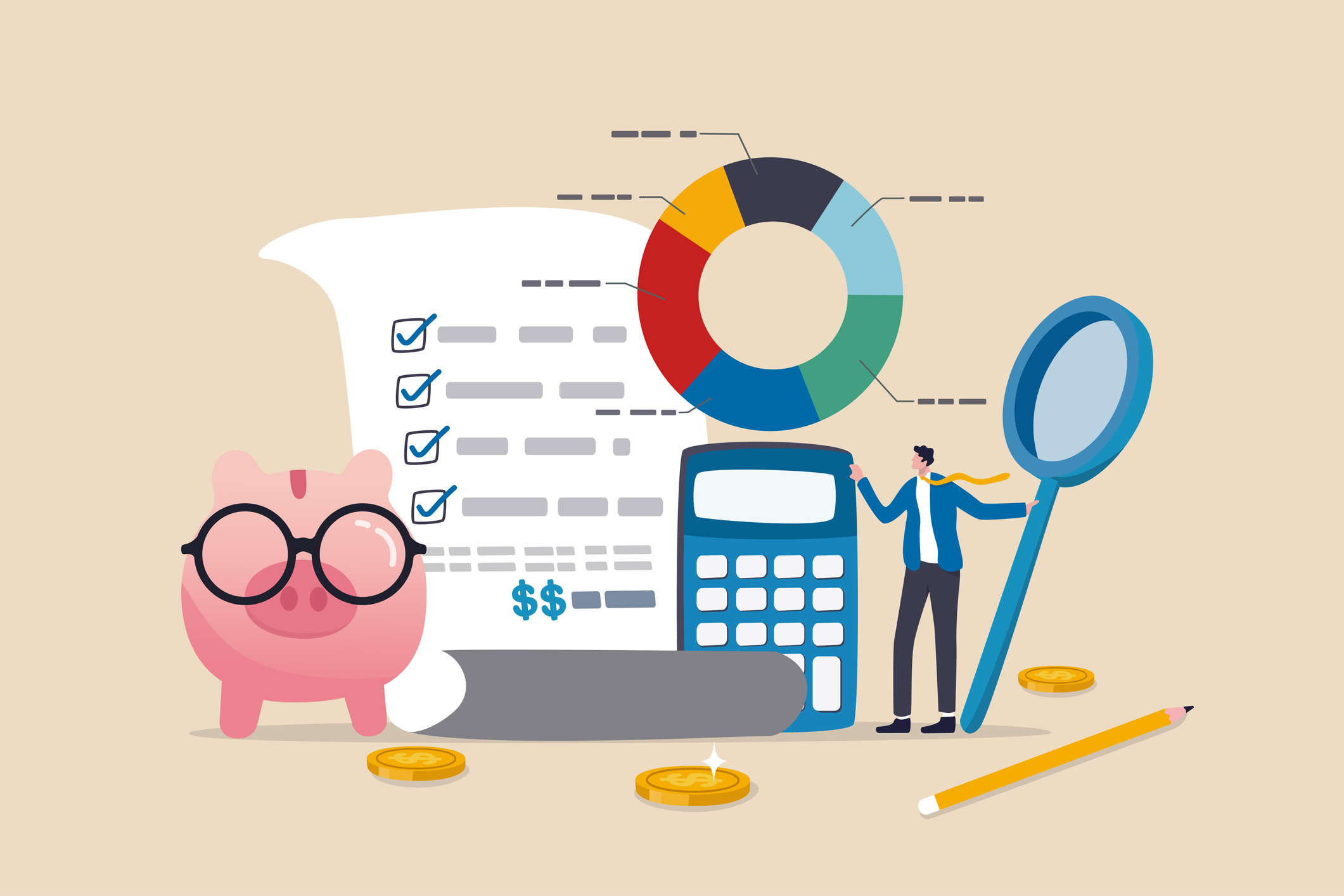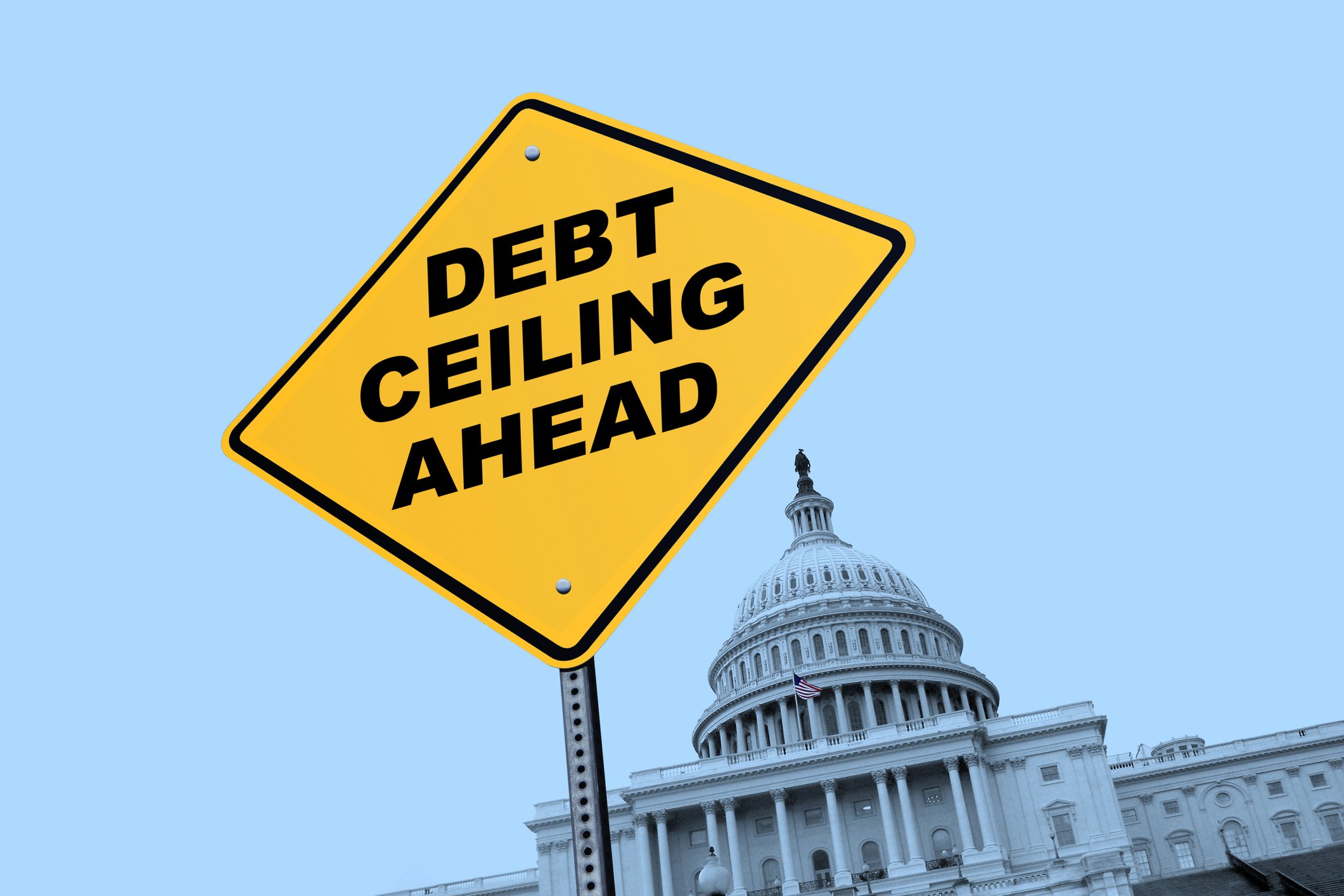If you’re like most Americans, your home is probably your largest asset and your mortgage is probably your largest monthly expense. Paying it off could increase your disposable income. It’s hard not to wonder what you would do with thousands extra each month in retirement, not to mention how good it would feel to wipe out your largest and possibly only debt. But that doesn’t make an early pay off a slam dunk.
The benefit to your cash flow may not be as much as you think, and recent rock-bottom interest rates could mean a high opportunity cost to extinguish the debt (more on this later). Ask yourself these questions if you’re considering using your savings to pay off a mortgage as you enter retirement.
PITI and how much you’ll actually save
You probably heard your mortgage broker and realtor throw around this term often when you were purchasing your home – PITI. Its short for Principal, Interest, Taxes, and Insurance. These are the components that go into determining your total monthly housing costs when you escrow.
Paying off a mortgage only address the first two parts of that acronym: Principal and Interest. You’ll still have property taxes and home insurance to contend with once the mortgage is gone. These could be big if your home appreciated considerably over the years. The improvement to your disposable income may not be as great as you hope if this is the case.
Sometimes the goal is just to lower your expenses. Paying off a mortgage in retirement isn’t necessarily the best move if taxes and insurance will still be high. Moving could be a better financial option, particularly if you’re looking at downsizing. Buying something smaller and lower priced could mean the equity in your current home is enough to cover the full cost of the new house! No mortgage required, not to mention lower property taxes and (hopefully) insurance costs.
Not strictly related to housing costs, but there are nine states that do not have a state income tax. Buying property in one of them may help your monthly cash flow in a variety of ways outside of just savings on your housing costs.
Where to find the funds
Spare cash is ideal when it comes to the best way to pay off a mortgage in retirement. There are little to no tax consequences to using it and it won’t disrupt your retirement investment strategy. But you may not have enough built up to do it!
The simplest fix is to pad your bank account in the last few years of your working career in anticipation of paying off the mortgage. Outside of that, you’re looking at using funds from an investment account to get the mortgage off your books.
Talking taxes
You have three options when you pull money from investment accounts: a tax-deferred account, a tax-free account, or a taxable account. The optimal one to draw from depends on the age at which you retire and your family circumstances.
Pre-tax accounts
Distributions are mandated from pre-tax retirement accounts beginning at age 72. If you retire in your early 70s and anticipate being forced to take more from your pre-tax accounts than you need to live, then use the overage as the primary source to pay down or pay off your mortgage.
Pre-tax accounts are taxed at ordinary income tax rates at the time of distribution (i.e. just like income from a job). Distributions from these accounts usually trigger a bigger tax bill than distributions from taxable accounts, which fall under more favorable capital gains rates, and the fact that you lose the tax deferral going forward on whatever you pull out make them less than ideal. Still, if you’re forced to liquidate then using some of the proceeds to fund your mortgage payoff can work.
Taxable accounts
A taxable account is generally a wise choice if you retire prior to age 72. Anything you liquidate from here is subject to capital gains taxes. These rates are the same as ordinary income rates if you have a short-term gain (i.e. buy and sell in less than a year) but receive favorable 0%, 15%, or 20% rates depending on your bracket for long term gains. Additionally, whatever you distribute has basis. This means that part of the distribution is considered a return of your principal and is therefore not taxed.
Roth accounts
Roth accounts allow for tax free distributions. But you may not want to distribute if you are married or have children/grandchildren. Roth IRAs do not have required minimum distributions, which means they could grow to significant sums that can be used by your surviving spouse later in life. They can also pass tax free to the next generation, who would get up to another ten years of tax-free compounding before they’re required to take anything out of the Roth.
Lets take it back to your residence. Your home will get a step up in basis at your passing, but it won’t provide income to your spouse or compound tax-free for the next decade when your children inherit. Using Roth money to pay off a mortgage in retirement feels good in the short-term but is not usually for the best in the long term.
Is it debt or the mortgage specifically?
Your mortgage may be your biggest debt, but if you retire with multiple debts you need to be careful about how you prioritize what to pay off first. High interest rate debt from credit cards, unsecured loans, or student debt such as PLUS loans should generally come first. The interest rates are almost always higher and student debt follows you forever; its nearly impossible to discharge student debt even in bankruptcy. Tread lightly here.
Less cash-intensive alternatives
There are other ways to pay down a mortgage in retirement that don’t call for a large cash payment. Some lenders will allow you to switch the frequency of payments from monthly to biweekly. This can shave years off of your mortgage. Biweekly payments effectively adds two extra payments to your mortgage each year, which is equivalent to one extra monthly payment. This pays down your principal faster, and the reduced principal means there less debt hanging around on which to charge interest.
You could also choose to mail in an extra payment each year. This works, too, and could even be preferable given that some lenders charge fees to enroll in their biweekly mortgage payment program. But the ease of routine payments may be worth the cost you.
When paying down debt can hurt you
Time to don the financial planning hat. Strictly speaking, paying off a mortgage is not usually the best financial move when debt has not once in US history been cheaper. Mortgage rates hit historic lows during the pandemic. Let’s pretend you refinanced then like the rest of the nation. You may be paying somewhere between 2.5%-3.5% on a 30 year note and possibly even less on a 15-year note. That’s around $3,000/year in cost for every $100k borrowed depending on your hypothetical rate. Cheap!
Opportunity cost
Opportunity cost is the price you pay for not having done the next best thing. Paying off a mortgage avoids a known cost. Its easy to define. But if Uncle Sam dropped $100,000 in your lap tomorrow, could you earn more than $3,000 a year with it? At the time of this writing, there are FDIC insured 3yr CDs available for purchase that pay 3.0%. How much more could you potentially earn if you were willing to take on some risk?
You can also think of the opportunity cost as a hurdle rate. That is, whatever the mortgage is costing you is the minimum amount you must earn (i.e. the hurdle you have to clear) before investing in the next best thing makes sense. The lower the hurdle rate, the more attractive the next best thing generally becomes.
Everyone’s threshold for what their willing to accept risk-wise is different. But even conservative investors have a good shoot at clearing such a low hurdle.
Liquidity concerns
Paying off your mortgage is a bit of a shell game. Money doesn’t leave your pockets and your net worth doesn’t change when you do it. You simply move money that was easily accessible in an investment account or a bank account into illiquid home equity. It doesn’t disappear. But getting to it for practical use purposes becomes much harder and potentially more expensive!
Tapping your home equity will require a loan of some kind and that will come at a cost. But if you’re thinking you may need to rely on your home value to fund your retirement then why bother paying down the mortgage in the first place? Reverse mortgages have been excoriated for exorbitant fees. A conventional mortgage or home equity loan may not even be options depending on your asset levels and guaranteed income sources.
Pushing hard to go debt free in retirement could cost you more in the long run if you tie up too much of your liquidity.
Threats to portfolio longevity
Paying down the mortgage will reduce your monthly expenses. But it will also reduce your portfolio size and the amount you can comfortably draw from it! You’re reducing your expenses and your income when you pay the mortgage off in retirement.
Its possible to go upside down and see your income dip by more than the mortgage amount, but that isn’t common. Consider this:
You refinance your home in 2021 with a 30-year note at 3.0%. You have $270k left on the mortgage when you do this. Your monthly payments are…
- Principal and interest – $1,138.33
- Taxes and Insurance – $1,180.73
You have $900,000 saved for retirement with about $300,000 of it in a taxable account earmarked for the mortgage. You expect you’ll need most of what’s in the taxable account to pay the bank and cover your tax bill from the gains. That leaves you with $600,000 saved following the mortgage pay off.
Let’s keep things simple and use the 4% withdrawal rate rule of thumb to calculate the ‘safe’ amount you can draw from your savings in any given year. That’s about $3,000/month on a $900k portfolio or about $2,000/month on a $600k portfolio.
That’s a drop of $1,000/month in spending power. It’s close but less than the monthly mortgage payment.
The real threat is that the mortgage payoff takes so much out of your accounts that you can’t cover the what-ifs that invariably come up. What if you need money for unreimbursed medical costs later in life? What if your child needs unexpected financial help? Can your portfolio withstand big shocks and still provide the income you need on a day to day basis?
Guaranteed income sources change the game
Your portfolio provides a certain level of purchasing power, but how much does that matter when your guaranteed income sources are enough to cover all of your day to day bills? Keeping your portfolio intact is good practice when you need income from your investment accounts. But does it matter when you don’t?
Paying off a mortgage makes a lot of sense if it will drop your expenses to a level that can be covered solely by guaranteed income streams (i.e. pensions, social security, annuities). You can’t afford to see your portfolio dip to dangerously low levels, but the danger threshold varies from person to person. Without a minimum portfolio withdrawal required to cover your basic needs you don’t have a minimum portfolio value required to stay comfortably retired!
Tying it all together
And that takes us back to opportunity cost. You could potentially earn more than what the mortgage costs with your full portfolio intact. But you’re dependent on market returns. Or you could move assets on your balance sheet from liquid to illiquid and pay off the mortgage. You may be able to disentangle yourself from an unpredictable stock market. But again, at what potential future cost? Will the value of your home outpace the value of your portfolio?
How you choose to address your mortgage in retirement is entirely up to you. There is certainly a peace of mind that comes with paying it off. But your portfolio size, tax bracket, family circumstances, income streams, and propensity for risk will all weigh in on your decision. There is no one-size fits all solution and rarely a wrong decision, though spending your assets down to $0 or something close to it would fit the bill.
Weigh your options and make your move. We’re here to help if and when you need us.












